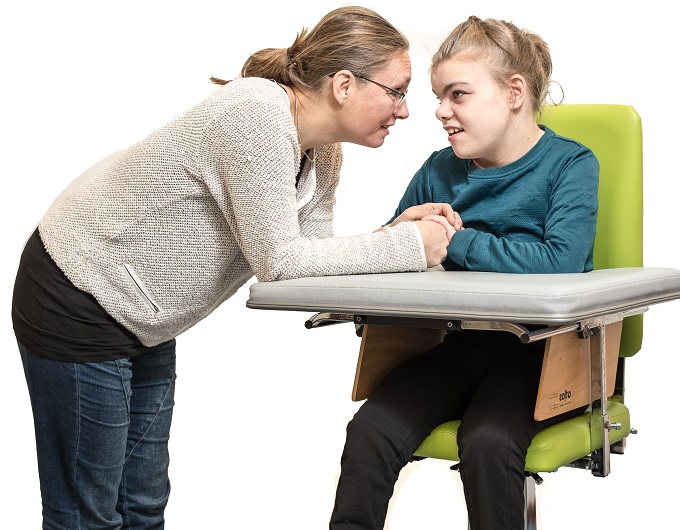
NZEI Te Riu Roa commissioned The Navigators to undertake the research.
91% of the 1015 New Zealanders surveyed agreed that students with additional learning needs require more support, and there was strong agreement for more support (90%) and increased pay (85%) for teacher aides.
NZEI President Lynda Stuart said it was hugely encouraging to see that the wider public understood and appreciated the value of the work these educators are doing.
“The days of employers saving money by underpaying female-dominated workforces are thankfully coming to an end. The government has made it clear that it wants to end this injustice, and this research shows that New Zealanders agree,” she said.
The new research coincides with NZEI’s launch this week of a pledge for government-funded pay equity for school support staff and early childhood educators. School and centre leaders, boards of trustees, staff groups and others can sign the pledge and display it to show their support.
The pledge is part of the Mana Taurite, Fair’s Fair pay equity campaign, which aims to end the historic underpayment of workers in female-dominated education roles. NZEI has negotiations underway with the Ministry of Education for pay equity settlements for ministry support workers, teacher aides, ECE workers and school administration staff.
“This work is mainly done by women and should be valued and paid fairly. It is about your daughter, mokopuna, niece, aunty, Nan and cousin having decent jobs that value the skills and mahi they do. The handful of men in these jobs will also benefit from a pay equity settlement because they’re also being underpaid for doing ‘women’s work.’”
The much-delayed English draft curriculum is now out for consultation, generating discussion from teachers.
Research from AUT demonstrates arts, culture and recreation have positive impacts on all aspects of…
How effective has the school phone ban been in achieving its aims? Researchers from the…
School camps and excursions deliver hands on learning experiences, helping to consolidate classroom learning.
Innovations in AV technologies present new opportunities to engage with students. We look at how…
A new report from the University of Auckland’s Our Voices Project asks young people what…
This website uses cookies.